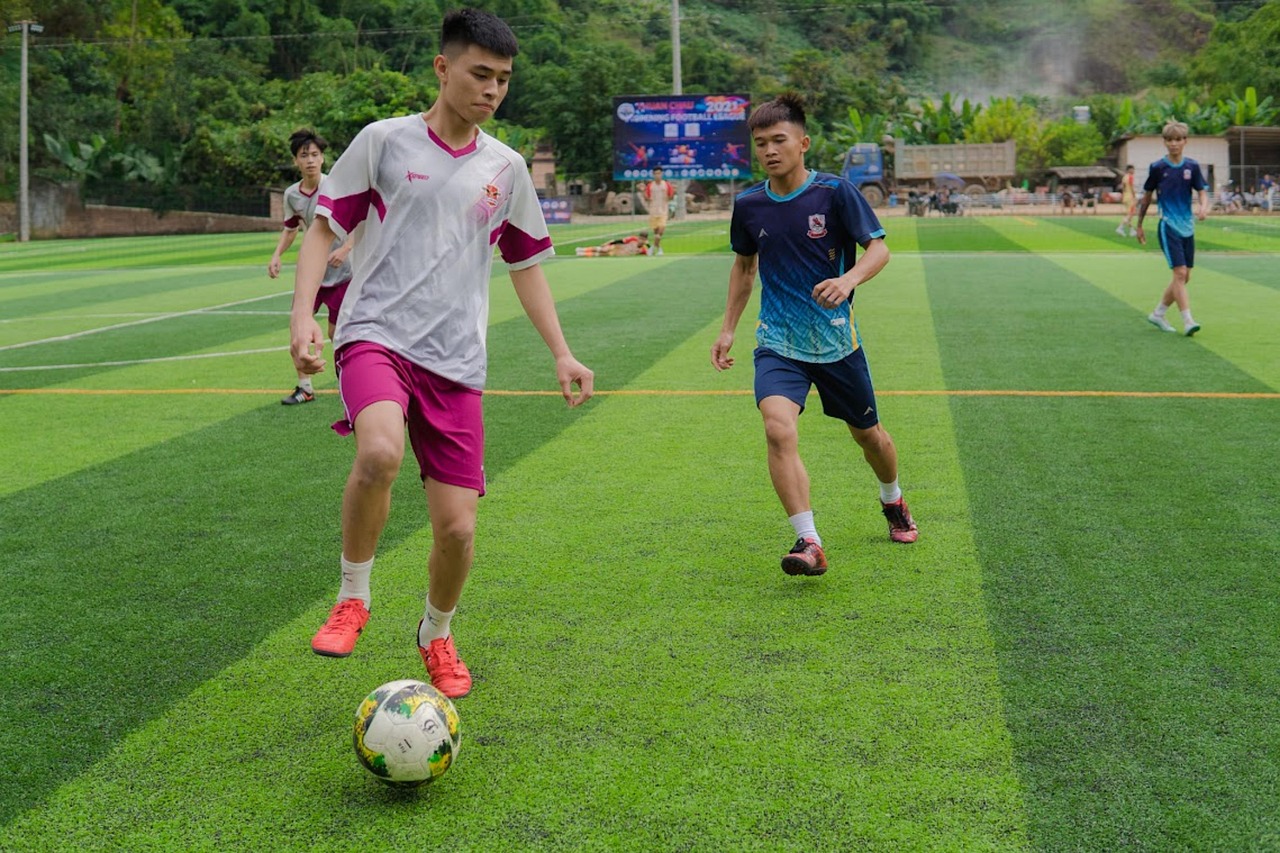The Role of Genetics in Determining Athletic Potential: Cricketbets999.com login, 11xplay reddy login, Betbhai 9.com
cricketbets999.com login, 11xplay reddy login, betbhai 9.com: When it comes to excelling in sports, many factors come into play. Training, dedication, and mindset all contribute to an athlete’s success. However, one crucial element that often gets overlooked is genetics. Our genetic makeup plays a significant role in determining our athletic potential.
Understanding the Role of Genetics
Our genetic code contains the blueprint for our physical attributes, such as muscle fiber type, muscle size, bone structure, and oxygen-carrying capacity. These factors can greatly impact an individual’s ability to excel in sports.
Muscle Fiber Type
There are two main types of muscle fibers: slow-twitch and fast-twitch. Slow-twitch fibers are better suited for endurance activities, while fast-twitch fibers are more suited for explosive movements. The ratio of these fibers in an individual’s muscles can affect their performance in various sports.
Muscle Size
Genetics also play a role in determining muscle size. Some individuals naturally have a higher muscle mass, which can give them an advantage in sports that require strength and power, such as weightlifting and sprinting.
Bone Structure
Bone structure can also impact athletic performance. Individuals with wider bones may have a greater ability to generate force, while those with narrower bones may excel in endurance sports.
Oxygen-Carrying Capacity
Another crucial genetic factor is an individual’s oxygen-carrying capacity. This is determined by factors such as lung size, heart size, and the efficiency of the cardiovascular system. Athletes with a higher oxygen-carrying capacity may perform better in endurance sports like long-distance running or cycling.
The Influence of Genetics on Talent Identification
Understanding the role of genetics in athletic potential can also be beneficial for talent identification. By analyzing an individual’s genetic makeup, coaches and sports scientists can better tailor training programs to maximize an athlete’s potential.
FAQs
Q: Can genetics alone determine athletic success?
A: While genetics play a significant role in athletic potential, other factors such as training, mindset, and nutrition also play a crucial role in determining an athlete’s success.
Q: Can genetics be changed through training?
A: While genetics cannot be changed, training can help individuals optimize their genetic potential. By following a tailored training program and focusing on their strengths, athletes can maximize their performance.
Q: Are some sports more genetically determined than others?
A: Certain sports, such as sprinting and powerlifting, may have a higher genetic component due to the nature of the physical attributes required for success in these sports.
In conclusion, genetics play a crucial role in determining athletic potential. Understanding how our genetic makeup influences our physical attributes can help athletes and coaches optimize training programs and maximize performance. By harnessing the power of genetics, athletes can unlock their full potential and achieve success in their chosen sport.







